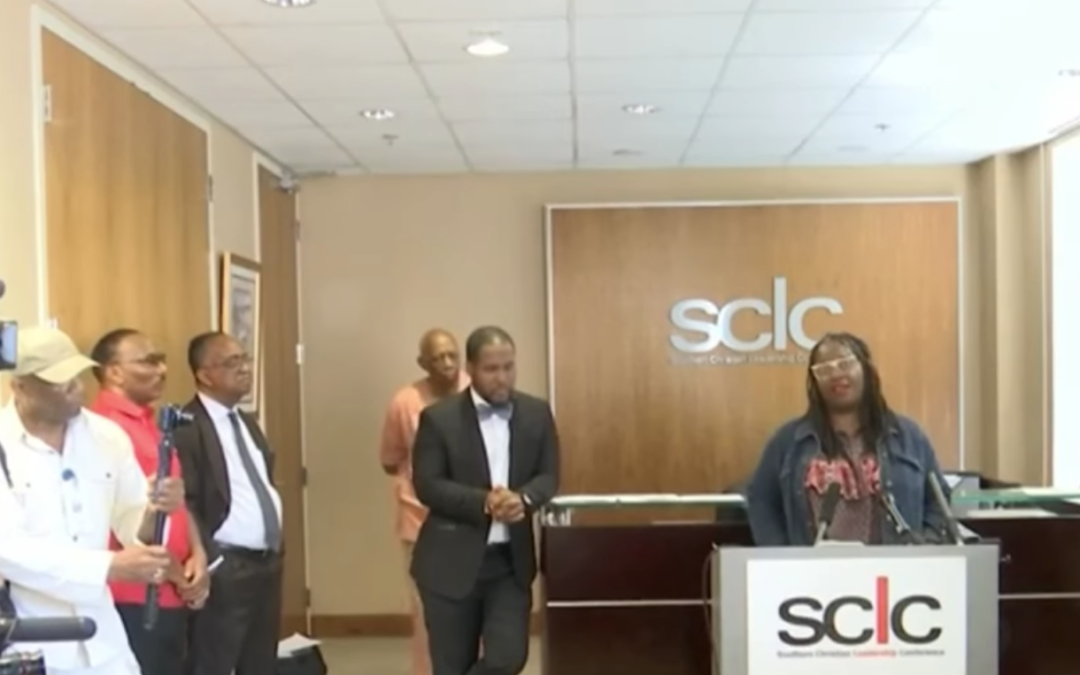
What does the Bible mean to Black millennials?

In our shifting religious landscape — one that largely does not formally hear and heed the voices of Black millennials — I’ve wondered how they value and engage Scripture as they flip the pages of the Bible or scroll the sacred text on smartphones.
Out of curiosity, because I’m not a millennial, I posed several questions specifically to Black Christians in this age group across my social media networks — Facebook, Twitter, and Instagram — which are teeming with this demographic. I asked, “What does the Bible mean to you? How do you engage the Bible? How does the Bible inform your faith? How important is the Bible in your life?” Not surprisingly, I received only one response on Facebook — three pairs of emoji googly eyes, watching and waiting for more responses that never came. It spoke volumes, especially considering the responses may have invited criticism, at best, or be deemed heretical, at worst.
But I’ve witnessed thoughtful posts and participated in conversations from the respondent and other Black Christian millennials about faith, the Black church, and even the Bible on Facebook. I’ve seen images on Instagram of personal Bibles with passages underlined and questions scribbled in the margins. I’ve followed conversations on Twitter challenging Black churches to have transparent conversations.
Video Courtesy of Brianna Kristelle
God said it, I believe it, but I have questions…
Transparent conversations require a willingness to ask and wrestle with questions, which is characteristic of the ways in which Black Christian millennials engage the Bible and is antithetical to older Black Christians who rarely raise questions of the Bible — a lamp for their feet and a light on their path. When The Christian Post recently featured a story on comedian Rickey Smiley, who shared that at age 50 he was just starting to question some of the stories in the Bible and how they are being used to support white supremacy and pastoral abuse of power, the overwhelming response that I saw from Black millennials was applause for Smiley’s courage in asking questions out loud and challenging the ethos of congregations where doing so is forbidden.
Black Christian millennials are interested in more than clichés, more than pat words appealing to their felt needs, and more than rote memorization of the Bible. This couldn’t be more clear than at the God-Talk: A Black Millennials and Faith Conversation held at the California African American Museum in Los Angeles. Priska Neely tweeted Candice Benbow’s response to the question, “If black millennials are leaving the church, where are they going?” Benbow responded “Brunch. We will tithe to brunch. We will sit there knowing that every single person at the table affirms who we are.” Brunch, for Black millennials, is the place where they can be authentic and ask questions, including questions of the Bible. Questions such as: What does the Bible have to say about racial justice, gender justice, sexual abuse, economic justice, environmental justice, and mental health? How does the Bible speak to theological and cultural needs? What role does the Bible play in informing faith in ways that spark action and policy change in the face of violence, trauma, and corruption? How does the Bible speak to joy, resilience, wholeness, and community? And let’s be honest, these questions make many uncomfortable, especially older African Americans who have a rigid relationship with the Bible.
If black millennials are leaving the church, where are they going?
.@CandiceBenbow: Brunch. We will tithe to brunch. We will sit there knowing that every single person at that table affirms who we are#gODTALK #BlackFaith @CAAMinLA
— Priska Neely (@priskaneely) August 25, 2018
The Gift of Questions
But all is not lost. The late singer and activist Ruby Dee said, “The greatest gift is not being afraid to question.” Black millennial Christian engagement of the Bible, including asking critical and probing questions is a gift. It does not lead to Bible skepticism or doubting God. Rather, asking questions of the text, wrestling with ideas and theology while engaging the world opens the door for deep and resilient faith, fresh encounters with God, and passion to work for God’s justice in the world. And perhaps, if traditionally Black Protestant churches encouraged a culture in which asking questions was cultivated, Black millennials might be more apt to skip brunch on Sunday morning, be present in the sanctuary, and worship a God who is loving, merciful, and big enough to handle all the questions.

